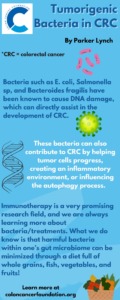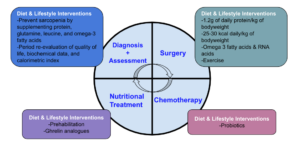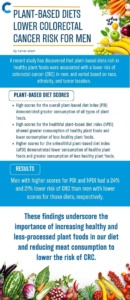By Deepthi Nishi Velamuri
Colorectal cancer (CRC) is a significant health concern, particularly for those with a family history of the disease. Unfortunately, many existing screening programs overlook this high-risk group. However, a recent study conducted at the University of California Los Angeles (UCLA) has introduced an innovative intervention aimed at improving CRC screening rates in individuals with a family history of CRC.
The study was presented at Digestive Disease Week 2023.
A Game-Changing Intervention
The researchers at UCLA conducted a study within their large academic health center that already had a screening program for average-risk individuals. They aimed to engage individuals with a family history of CRC who were resistant to screening and determine the effectiveness of the intervention in increasing colonoscopies ordered, scheduled, and completed.
Study participants were divided into two groups:
- Group 1 received reminders to schedule a colonoscopy. The attending doctors also received a reminder.
- Group 2 received reminders along with educational materials on CRC risk and the colonoscopy procedure, as did their doctors.
Promising Results and Implications
The study included 150 patients, evenly divided between the two groups. The primary outcome showed that both groups had similar rates of completed colonoscopies. However, both groups experienced a significant increase in the number of colonoscopies ordered, scheduled, and completed.
The multicomponent intervention successfully engaged high-risk individuals who had been hesitant about CRC screening. The combination of reminders for doctors and patients proved effective in increasing screening rates. Surprisingly, the additional educational materials did not significantly impact outcomes, suggesting that they may not be necessary in future interventions.
The study’s findings offer hope for improving CRC prevention and control in high-risk individuals with a family history of the disease. By refining and expanding this intervention, we can raise screening rates, detect CRC at an early stage, and potentially save lives.
Take Action
Regular screening is crucial for early detection of CRC. If you have a family history of CRC or are overdue for screening, consult your healthcare provider to discuss the best screening options for you. Together, we can fight CRC and make a meaningful impact on public health.
The Colon Cancer Foundation remains committed to supporting advancements in CRC prevention, early detection, and treatment. Join us in our mission to raise awareness and promote lifesaving screenings.
Reference-
Impact of a Multicomponent Health System Intervention to Increase Colorectal Cancer Screening Participation in Patients with a Family History of Colorectal Cancer. Jain S, Galoosian A, Badiee J, Meshkat S, Popoola F; Presented at Digestive Disease Week 2023.
Deepthi Nishi Velamuri is a Colorectal Cancer Prevention Intern with the Colon Cancer Foundation.











 The multiethnic cohort study included 79,952 men and 93,475 women. Three plant-based diet scores were investigated to determine the incidence of invasive CRC:
The multiethnic cohort study included 79,952 men and 93,475 women. Three plant-based diet scores were investigated to determine the incidence of invasive CRC: